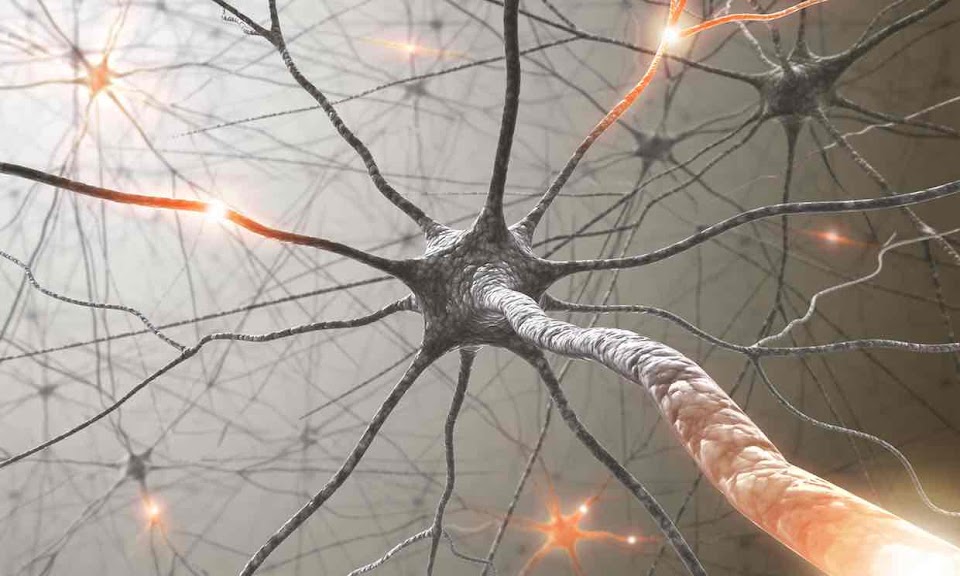ChatBots Arrive Feb 2023
After several months of following articles describing the latest Internet sensational offering, Chat GPT, I’ve decided to add my two cents. Much of the current hype seems centered on two issues; One is the hand -wringing in education about making it too easy for students to plagiarize essays and the resultant ethical issues raised; the other is how will it be used to mount advertising campaigns which have no ethical rules to follow other than not explicitly breaking the law to maximize profits --- of which there are very few.
Most of us are familiar with the use of voice input to our word processors which not only expedite the writing process but enhance it by automatically identifying and correcting spelling errors as well as making suggestions to clarify our prose. This feature is especially useful when texting or writing emails.
But first some background information: we all pretty much know what “chat “ means as regards a service on your phone --- it allows us to send messages back and forth to others using a keyboard or microphone instead of using email as the medium when we wish to convey that a more immediate response is desired. The next point to clarify is: how does Chat GPT differ from the standard phone version?
Clearly, if it’s meant to be the next rung on the ladder of progress for future writers of all types it must be better in some ways than is the currently existing chat mode on a cell phone. Despite all of the hype, this does appear to be a giant leap forward in functionality similar to the jump from manual to automatic transmissions in automobiles by the “GPT” part of the product name which is the abbreviation for Generative Pretrained Transformer (which is a fancy-shmancy term for how this chat robot (chat bot) is trained to to communicate with humans like you and I. The training technique is based on our brain structure and the way children acquire knowledge by reinforcing the neural pathways of this structure.
In order for a computer algorithm to make suggested writing changes, it must first be able to make some sort of sense from the sentences that we create as well as better ways to restate and present ideas. Until recently writers have relied on the intelligence and expertise of other humans such as editors and teachers for this assistance. Although there is no universally agreed upon definition of what “intelligence' means, in most cases we can come to some common agreement as to the meaning of a spoken or written statement. Obviously, despite our best efforts, ambiguity can arise in the simplest of sentences; for example, “I saw someone on the hill with a telescope” is ambiguous because it's unclear whether you used a telescope to see someone on the hill or did you see someone on the hill holding a telescope?”
(https://examples.yourdictionary.com/). This ambiguity can be the source of much humor,(”Brave men run in my family." – Bob Hope as "Painless" Peter Potter in The Paleface, 1948)
However, a very real problem is that, while it is possible for a computer to spot ambiguity in a text, most common word processors do not offer this feature, due to the computational complexity of the problem.
(https://towardsdatascience.com/a-simple-nlp-application-for-ambiguity-resolution)
Now before I wander too far into the many complexities of machine learning and understanding of language, suffice to say that I did attempt to actually use the Chat GPT app myself. The most difficult part was unraveling the process of exactly how to get to it and run it which required the process of joining the OpenAI website which allowed me as a member to actually use the apChat GPT itself. What I failed to take into account was the massive popularity of the site which had millions of other also trying to join which, in turn, was clogging the process.
After too many tries and and failures I resorted to my trusty Chrome search Engine to see if there were any immediate solutions or any suggestions to alleviate the problem only to find that there were none but that just led to worse problems. Turns out , despite claiming to be “free” it only allows you to get on a “free trial waiting list” which requires giving out my credit card number. Of course I could cancel after 3 days but bitter past experience has taught me that it’s too easy to forget to do this and even if I remember when the cancellation due date is, there are always many other unresolved problems that arise between the credit card company and the merchant which, in the worst case scenario, results in lost money and time to straighten out the situation. I have better ways to spend my time.
To my chagrin, I waited too long to join in the game and had to be satisfied with searching for some online examples of these chatbots in action. Fortunately, there are a plethora of examples to choose from: just search on “ChatGPT examples” to see sample sessions. Following are a couple of snapshots that people used to amuse themselves:
Tweet by @AndreeaNRD
Tweet by @rcarmo
And finally here is a link to a
Reddit review:
https://www.reddit.com/r/ChatGPT/comments/10sge63/thanks_gpt3_for_making_me_a_cool_dad/?utm_source=share&utm_medium=web2x&context=3
There are many more issues to consider as well as which companies (think Google, Microsoft and IBM) are joining the race to provide this service --- which will be discussed in a future column in the hopes they will be resolved by then as this phenomenon is proceeding at the speed of technology. Fingers crossed.
